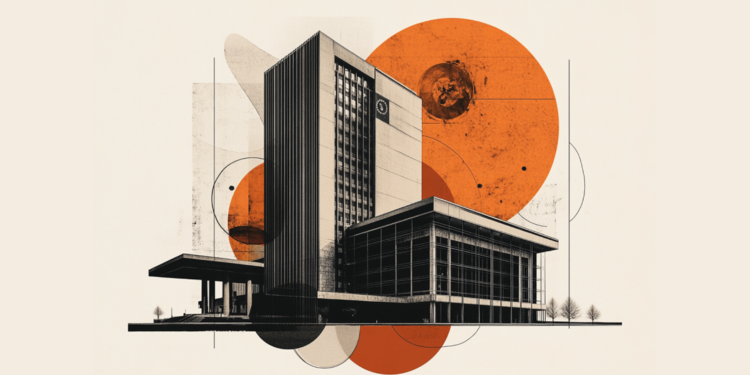Israeli airstrikes hit the southern suburbs of Beirut during the early hours of Sunday (6), the most intense bombardment of the Lebanese capital since Israel intensified its campaign against the Iran-backed Hezbollah group last month.
During the night, the explosions caused booms in Beirut and caused flashes of red and white for almost 30 minutes, visible from several kilometers away.
It was the biggest Israeli attack on Beirut to date, according to witnesses and military analysts on local TV channels.
This Sunday (6), a gray fog hung over the city and rubble was scattered across the streets of the southern suburbs, while columns of smoke rose over the area.
“Last night was the most violent of all previous nights. The buildings were shaking around us, and at first I thought it was an earthquake. There were dozens of attacks – we couldn’t count them all – and the sounds were deafening,” said Hanan Abdullah, a resident of the Burj al-Barajneh area in Beirut’s southern suburbs.
Videos posted on social media, which Reuters could not immediately verify, showed new damage to the highway running from Beirut airport to the city center, passing through the southern suburbs.
Israel said its Air Force had “conducted a series of targeted strikes on several weapons storage facilities and terrorist infrastructure sites belonging to the Hezbollah terrorist organization in the Beirut area.”
Lebanese authorities did not immediately say what the missiles had hit or what damage they had caused.
This weekend’s intense shelling came just before the anniversary of the Oct. 7 attack by the Palestinian militant group Hamas on southern Israel, in which some 1,200 people were killed and more than 250 were taken hostage, according to Israeli data.
The target of Israel’s air strikes across Lebanon and its ground invasion in the south of the country is the Lebanese armed group Hezbollah, Iran’s main ally in the region. The attack killed hundreds of people, including civilians, and displaced 1.2 million people, according to Lebanese officials.
For days, Israel bombed the Beirut suburb of Dahiyeh, considered a Hezbollah stronghold but also home to thousands of ordinary Lebanese, Palestinian and Syrian refugees, killing its leader Sayyed Hassan Nasrallah on September 27.
A Lebanese security source said on Saturday that Hashem Safieddine, Nasrallah’s possible successor, had been out of contact since Friday following an Israeli airstrike on Thursday near the city’s international airport that reportedly targeted him. .
Israel continues to shell the area of the attack, preventing rescue teams from reaching it, Lebanese security sources said.
Hezbollah has not commented on Safieddine.
Its loss would be another blow to the group and its patron, Iran. Israeli attacks across the region over the past year, which have accelerated sharply in recent weeks, have devastated Hezbollah’s leadership.
This content was originally published in Israeli attacks hit Beirut in the heaviest bombing yet, witnesses say on the CNN Brasil website.
Source: CNN Brasil
Bruce Belcher is a seasoned author with over 5 years of experience in world news. He writes for online news websites and provides in-depth analysis on the world stock market. Bruce is known for his insightful perspectives and commitment to keeping the public informed.







